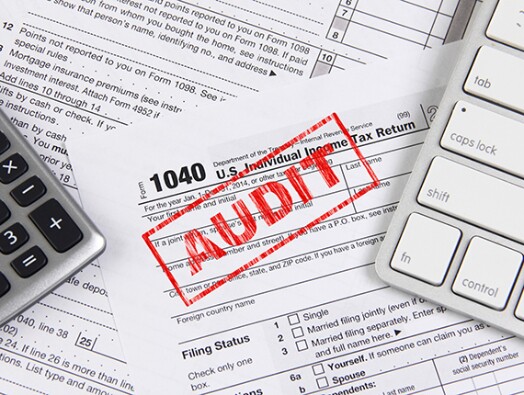
Faker's dozen
To tell the old from the new and the clever from the mundane, the service again this year offers its Dirty Dozen scams. Here they are, in reverse order.
You can see a text version of this story

1. I dont owe taxes because
True, you can take your case to the legal system, but dont try hiding behind many of the whimsical arguments that taxes are too high, wrongly levied or unconstitutional. The penalty for filing a frivolous return losing one of these spats: $5,000.

2. Gimme shelter

3. Faking a living

4. No credit, big problem

5. Inflationary issues

6. Uncharitable charities

7. Free money!

8. Casting abroad net

9. Rotten apples

10. Gone phishing

11. One ringy-dingy






